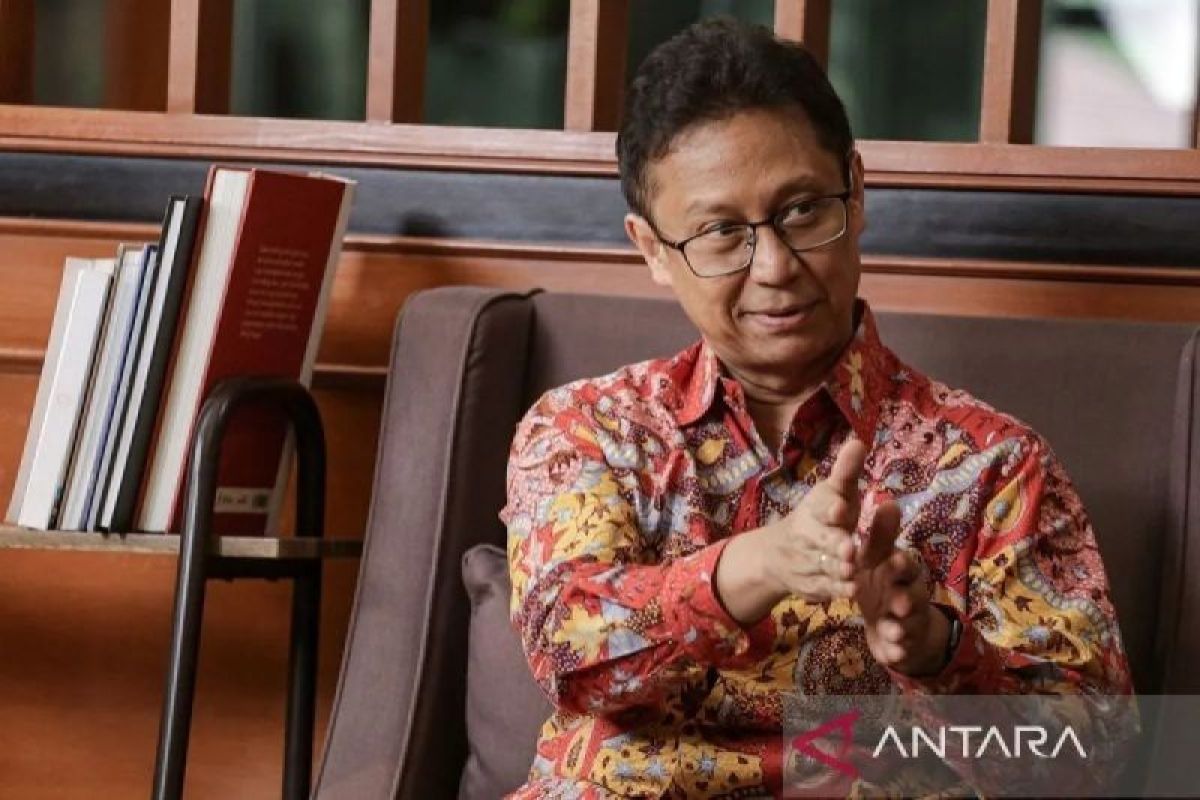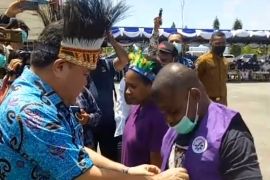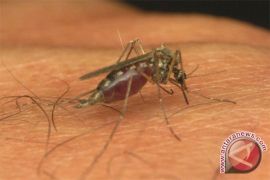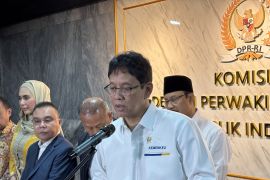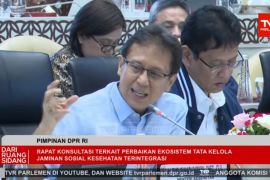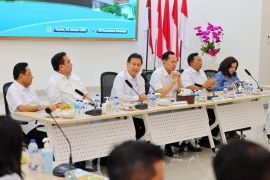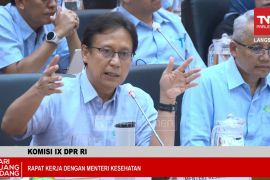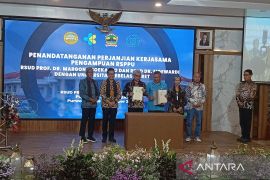"Because with surveillance, we understand who carries the disease and we can treat it, and most importantly, we can prevent them from spreading the disease," he remarked at the launch of the Roadmap for the Elimination of Malaria and Prevention of Malaria Re-Establishment for the Period 2025-2045 here on Thursday.
According to Sadikin, the best strategy to tackle malaria is to take preventive measures. Hence, the Indonesian government provides various facilities for better surveillance to prevent malaria.
The minister elaborated that the efforts encompassed providing supporting facilities such as rapid tests and microscopes, as well as training health workers to detect the disease more accurately. For more sophisticated equipment, a PCR laboratory is also provided.
"The equipment is already there. We just need to be disciplined in checking," he noted.
The second strategy is accelerating the development of a malaria vaccine for Indonesia. He remarked that unlike COVID-19 whose vaccine was completed in 22 months, 22 years have passed, and the malaria vaccine had yet to be readied.
As malaria is considered a disease in poor countries, the lack of funds for vaccine development becomes a major problem.
Hence, he affirmed that Indonesia is participating in several global financing mechanisms such as the Global Fund and Gavi to accelerate the resolution of these infectious diseases in the country.
Related news: Ministry unveils Malaria Eradication Roadmap to combat disease
The minister noted that the third strategy is the provision of malaria drugs.
"Once the person is infected, the medicine is available. Because if it is not treated, (the patient) usually (exhibits) fever with shivering, it attacks the brain, and the patient can die," he pointed out.
Sadikin also emphasized the need for discipline in taking medication to avoid the risk of drug resistance.
"The medicine needs to be taken according to the rules, and (the drug course) must be completed," he stressed.
According to the minister, malaria and tuberculosis are syndromes of poor countries due to which the resolution for them is sometimes ignored. It is different from COVID-19, which was addressed quickly, as it occurred in all countries.
Hence, it takes more intensive commitment from world leaders, especially those of developing countries, to pay attention to this issue, as the minister noted that more people die from these diseases than from ordinary wars.
He expressed hope that Special Advisor of the Asia Pacific Leaders Malaria Alliance (APLMA) and sixth President of the Republic of Indonesia Susilo Bambang Yudhoyono could help raise this global commitment, as the Health Ministry cannot solve this issue single-handedly.
In addition, Budi said, malaria eradication must be made into a movement and not just a program, so everyone will be proud of their contribution to fighting malaria.
Related news: Malaria cases down, but still second highest in Asia: govt
Translator: Mecca Yumna Ning Prisie, Yashinta Difa
Editor: Yuni Arisandy Sinaga
Copyright © ANTARA 2024
